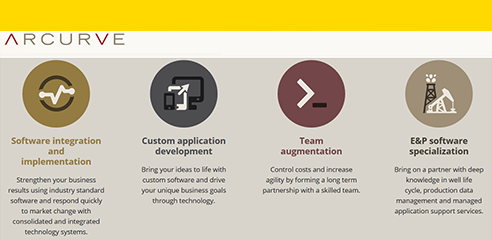
Abstract
The Technical Debt (TD) metaphor describes trade-offs between short term and long term goals in software development projects that may lead to increased cost in future (Kruchten et al. 2012). This situation is highly probable in requirements engineering processes, due to the inherent uncertainty in software requirements, such as: uncertainty about customer/market requirements, the context and environment of the project, and the feasibility, cost and duration of implementing requirements. Requirements debt is a new area of research that investigates requirements related decisions from a business perspective. In terms of addressing the impact of uncertainty on early requirements decisions, Letier et al. (2014) proposed a systematic method for applying statistical decision analysis techniques, such as Monte Carlo simulation, to evaluate uncertainty and its impacts on risk in the requirements and architecture design decisions. Kruchten et al. (2012) classified the Net Present Value (NPV) approach as the most promising valuation method for quantifying technical debt. However, the traditional NPV approach assumes that investment decisions cannot be delayed. Thus, this approach ignores the extra value associated with deferral. This limitations is overcome by Real Options (RO) theory. RO quantify the value of deferring, which indirectly supports the uncertainty involved in the decision-making process (Luehrman, 1998).
The project will study the modeling, measurement, analysis and management of TD in the requirements engineering phase of service-oriented software development. In particular, it is planned to investigate RE processes having at least one of the following characteristics: i. When there is an unpredictable investment decision; ii. When uncertainty is large enough to wait for more information (thus avoiding regret for irreversible investments); iii. When uncertainty is large enough to make flexibility as a source of value, and iv. When there will be project updates and corrections? We will investigate how and when economical concepts such as RO and NPV can be applied in this context to make RE a more evidence-based decision-making process. Special emphasis will be on customized software development as a form of service provision.

